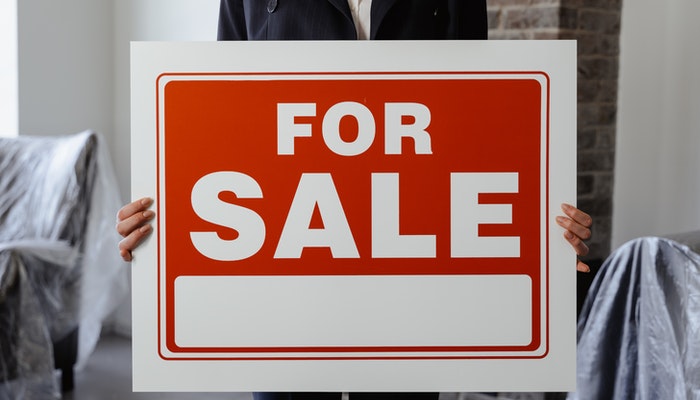Usually when the price of an item goes down, we want to stock up on it. When avocados, for example, drop to $1, what do we do? We cheer, pack the shopping basket full of them, and find all the different ways to use them. Avocado on toast? Yep. Guacamole? Yes please. Whatever your flavour, it feels like a bargain, so you buy more. The same goes for your favourite clothes store. If they advertise a 50% off sale, people will flock through their front doors.
It’s the thought that you’re getting more for less that’s so appealing. We know an avocado is an avocado – whether it’s $1 or $3. We are getting the same amount of value for less money.
But when it comes to the sharemarket, people don’t think like this at all.
When the price of shares double, people assume that they’re a lot more valuable – which just isn't correct. It’s similar to property – rising prices indicate more value, but at the end of the day, it’s the same house on the same land. You aren’t getting anything more for the money.
Remember the GameStop shares? They went from $15 to $400 in the blink of an eye. This sort of thing gets our attention and makes us think it's something highly valuable. But it was caused by a large wave of investors – everybody buying it at the same time.
Cost comes down to buyers and sellers. If you advertise your car online for $10,000 and nobody buys it, you might try and lower it to $9,000. And you might keep going, depending on how fast you want to sell it, until it sells. But the car will never be worth zero. It will always be worth something. In the same way, shares will never be worth zero.
We know that new cars lose value very fast. As soon as you drive it out of the dealership, you’ve lost money on it. But right now, in a very strange and rare example, there are people who have been offered more money for their new cars than what they bought them for. So why is that? It’s because the pandemic has meant a significant delay in deliveries – meaning that new cars are not arriving fast enough for the demand. Buyers are driving up the price.
In the scenario of an avocado being sold for $3, you’d have a happy farmer but a grumpy customer. And if it sold for $1, it would be the opposite. In a sale, one party always wins. And for any transaction to occur, there needs to be a buyer and seller.

